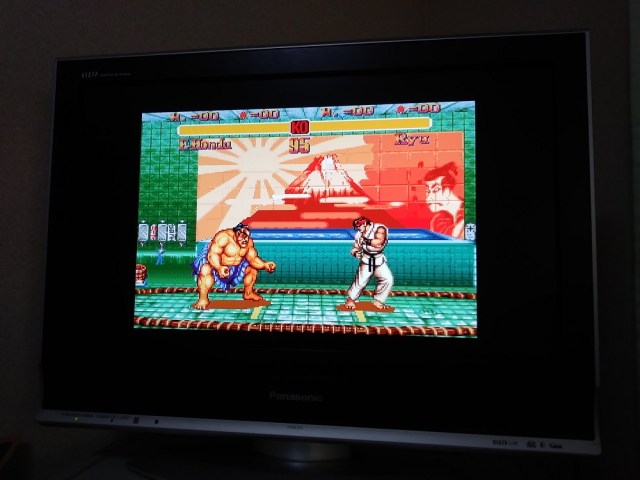
The sun sets on E. Honda’s bathhouse mural design 30 years after it first appeared.
This week, video game publisher Capcom released Capcom Arcade Stadium for the Nintendo Switch. Among the titles available in the downloadable collection are multiple iterations of Street Fighter II, including the original 1991 game, 1992’s Street Fighter II Turbo: Hyper Fighting, and 1994’s Super Street Fighter II Turbo.
However, players getting ready to rumble in character E. Honda’s bathhouse stage in the game’s Capcom Arcade Stadium versions might feel like it looks a little different from how they remember it, and no, it’s not because technology has marched on and made pixel art games’ art less impressive than it was back in the day, but because the rising sun and its rays have disappeared from the stage’s background mural.
▼ E. Honda’s stage in Capcom Arcade Stadium
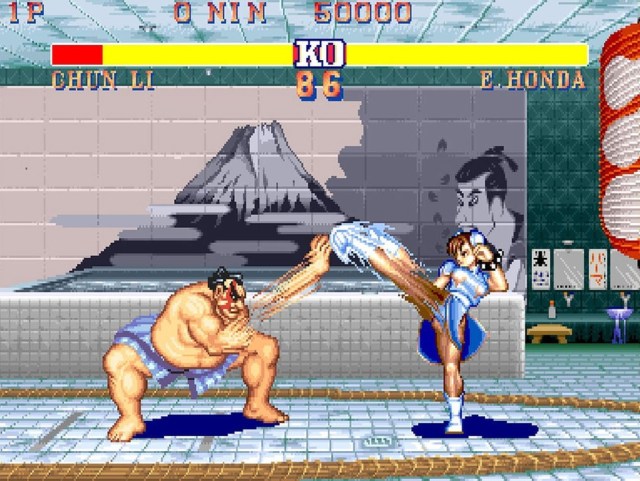
In the original versions of the games, the gray sun would also light up in alternating colors of red and yellow when the round was over.
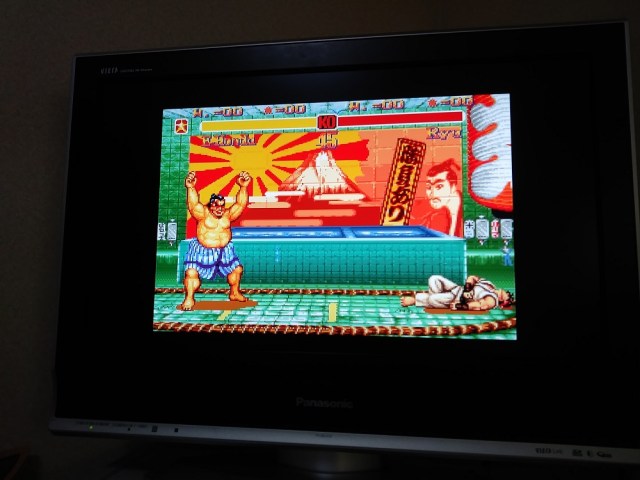
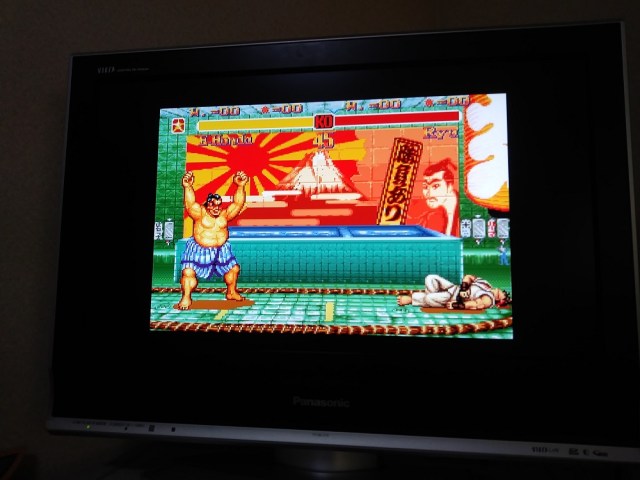
This has now been changed to the entire left half of the mural changing color as a solid block, as shown in these screen captures.
いらない修正…残念ね pic.twitter.com/74H5z0VO0G
— ぽめ (@pomegd) February 18, 2021
The change shouldn’t have been a complete surprise, as official preview images available prior to the game’s release showed Honda’s sunless background. In addition, when Honda was added to the roster in Street Fighter V in 2019, Capcom also dropped in a modern, polygonal version of his Street Fighter II bathhouse, and a sun was present in the mural, but without the array of extending rays.
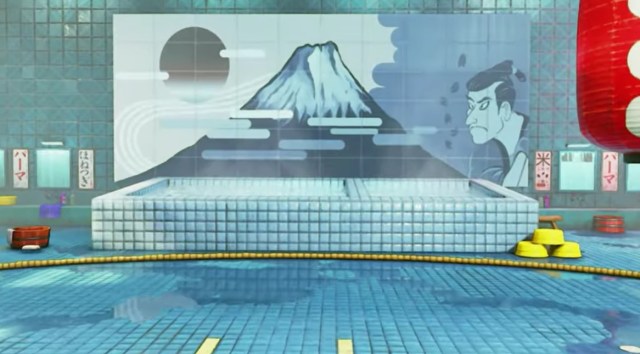
No official reason has been announced for the change, but the most likely explanation is that Capcom wants to avoid a negative reaction in other parts of Asia to the rising sun imagery. Particularly in China and Korea, vocal groups associate the symbol with the Imperial Japanese Army and World War II-era occupation. The issue is a complex one for many reasons, not the least of which is that although the Rising Sun Flag was flown by the Imperial Japanese military, the symbol was neither created for nor exclusively used by the armed forces, and so it doesn’t have a necessarily militaristic or imperial feel to most Japanese citizens. Capcom, though, has apparently decided it’s not worth the risk of risking a backlash over Honda’s background, and so the sun has been scrubbed out of the mural entirely, even from the for-sale-in-Japan version of the games.
Sources: My Nintendo Store, Twitter/@pomegd via Hachima Kiko, YouTube/Street Fighter
Top image: SoraNews24
Insert images: My Nintendo Store, SoraNews24, YouTube/Street Fighter
● Want to hear about SoraNews24’s latest articles as soon as they’re published? Follow us on Facebook and Twitter!



